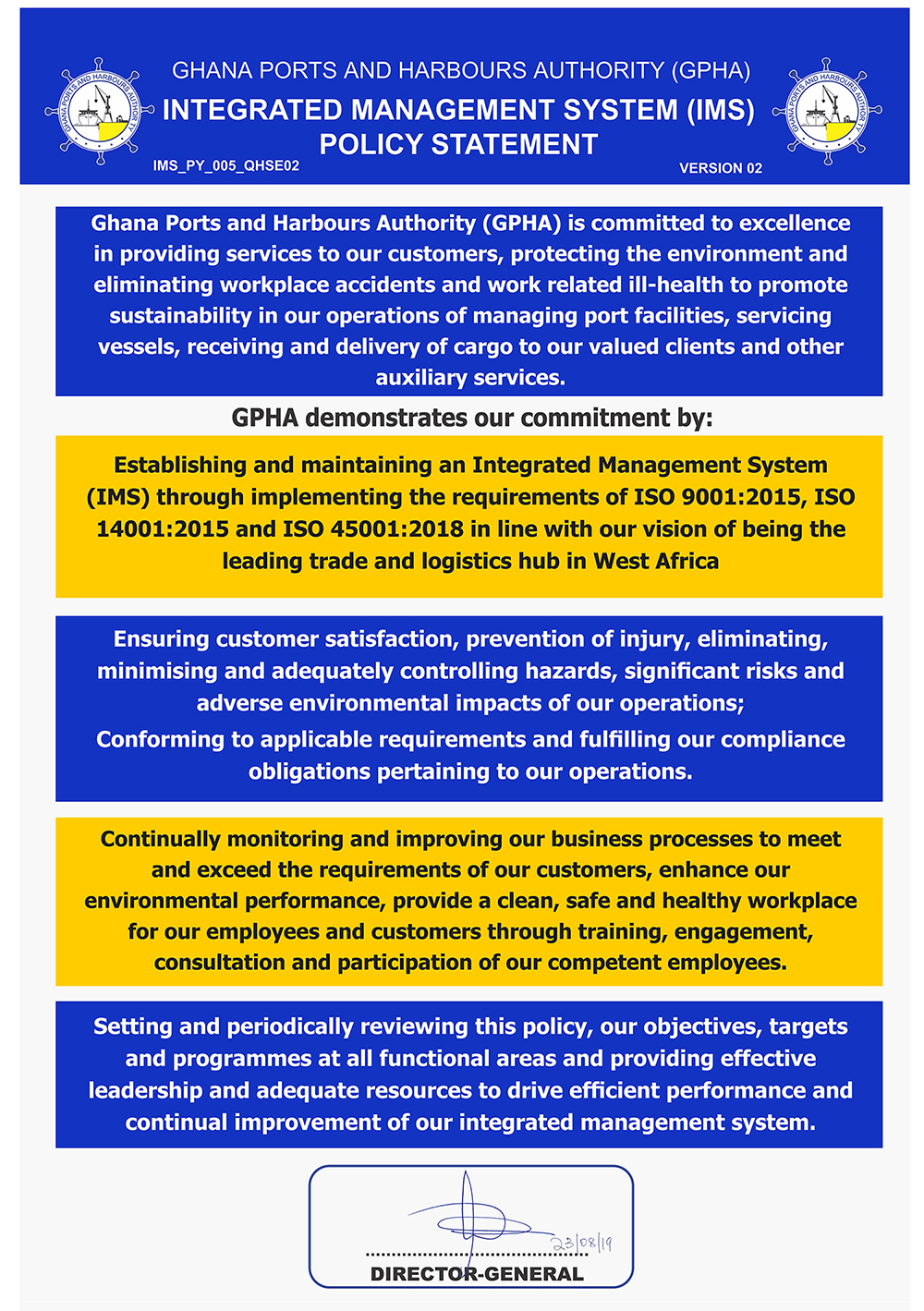

The Head of Veterinary Regulatory Unit at the Port of Tema, Dr. Stephen Bonnah, has lamented that his outfit has for some time been eliminated from inspection activities at the country’s port, hence, reducing the desired level of influence and control the Veterinary unit has on animal and animal products making it through the ports into the country.
Considering the fact that the deadly coronavirus is a zoonotic disease, meaning its mode of transmission started from animal to animal it has become imperative how animals or animal products are inspected at the country’s ports and borders before allowed into the country for public consumption.
Speaking on Eye on Port’s live interactive panel discussion on the topic: Coronavirus, A Global Threat to Trade and Shipping: Impact, Interventions and Remedies, the Head of Veterinary Regulatory Unit called for urgent action for his outfit to be included in the joint inspection management system to ensure an effective monitoring of animal and animal products, which have a high risk of serving as carriers of diseases into the country.
“At the moment, at the Tema Port, veterinary is not in charge of products of animal origin. We not being part of the Joint Inspection Management Information System…and you are dealing with a particular container, how do we know,” he bemoaned.
He said the Food and Drugs Authority has been put in charge of animal and animal products that hitherto his outfit was inspecting at the port.
According to Dr. Stephen Bonnah, the Veterinary Regulatory Unit has the necessary facility at its disposal to conduct all procedures involved in the screening and examination of animal and animal products so that such diseases that are transmitted through animals are prevented from public consumption.
“I’d love to find time and show you our lab. It is one of the sophisticated labs around, and some of them are referrals for West Africa,” he said.
He said, the Veterinary Regulatory Unit currently issues import permits to importers of animal and animal products to protect the consumer and prevent the transmission of trans-border animal diseases.
“Before the import permit is issued, we do a lot of risk-assessment. We do not easily give out the import permit. We have to know the disease situation of the place you are getting your animal products from. And we can equally block these permits when alarms are raised,” he added.
But according to the head of the Veterinary Regulatory Unit, this is not enough, as his outfit needs to engage in physical examination of items to be able to fully fulfil its mandate.
“The OIE, the World Organisation for Animal Health, section 5 of the law declares the authenticity of veterinary taking over meat inspection and not only live animals,” he said.
He revealed that dog feed is commonly imported from China, but he doesn’t even know the statistics of those imports, because those imports do not go through his office.
Dr. Stephen Bonnah continued by saying, “the reason why we do not come out to say these things, is that because we are part of national security, we do not want to cause unnecessary fear and panic.”
The Greater Accra Regional Chairman of the Ghana Union of Traders Association (GUTA), David Kwadwo Amoateng, who was also on the program, called on government to increase vigilance at the country’s borders because according to him, finding out the level of inactivity by the veterinary services during inspection activities at the port is a cause for major worry.
“I think this is dangerous. It is sad to note that we can import animal products, and among those who will do inspection, vets are not part of them.”